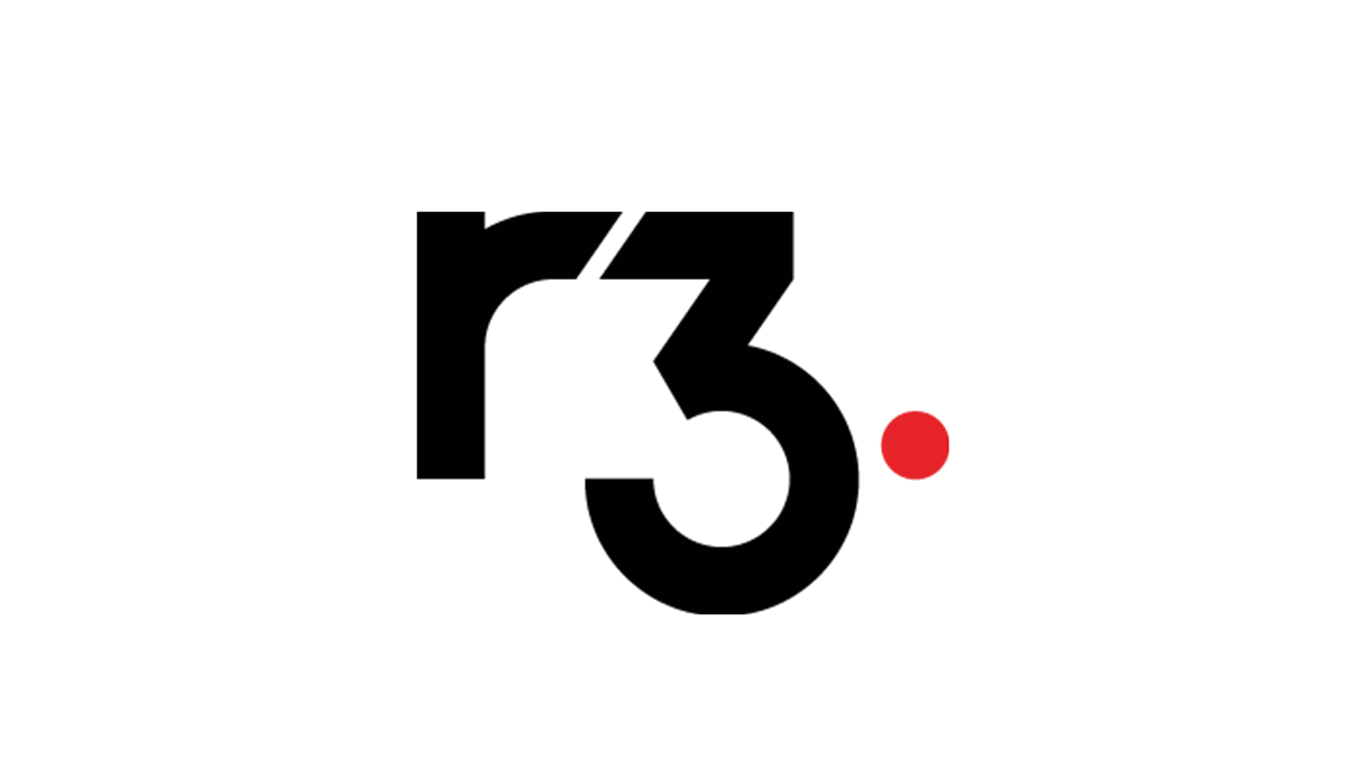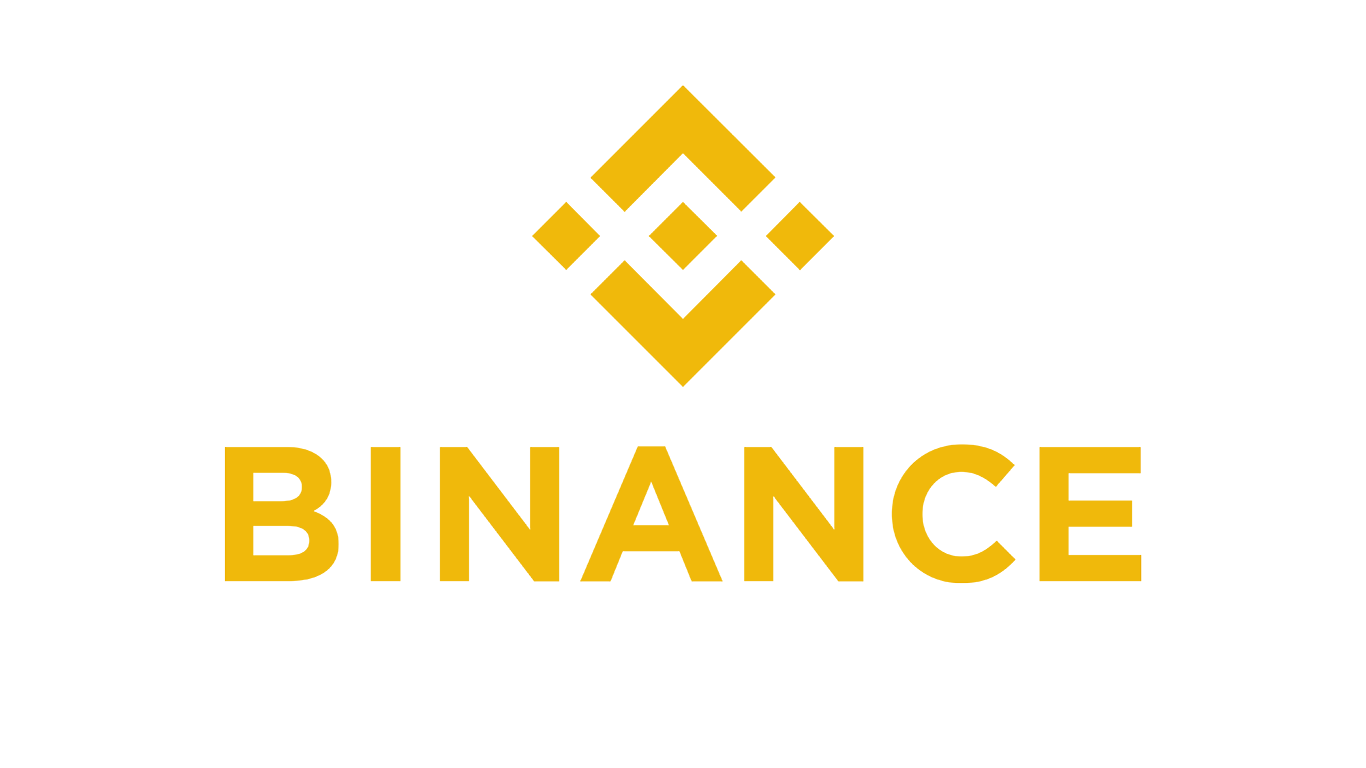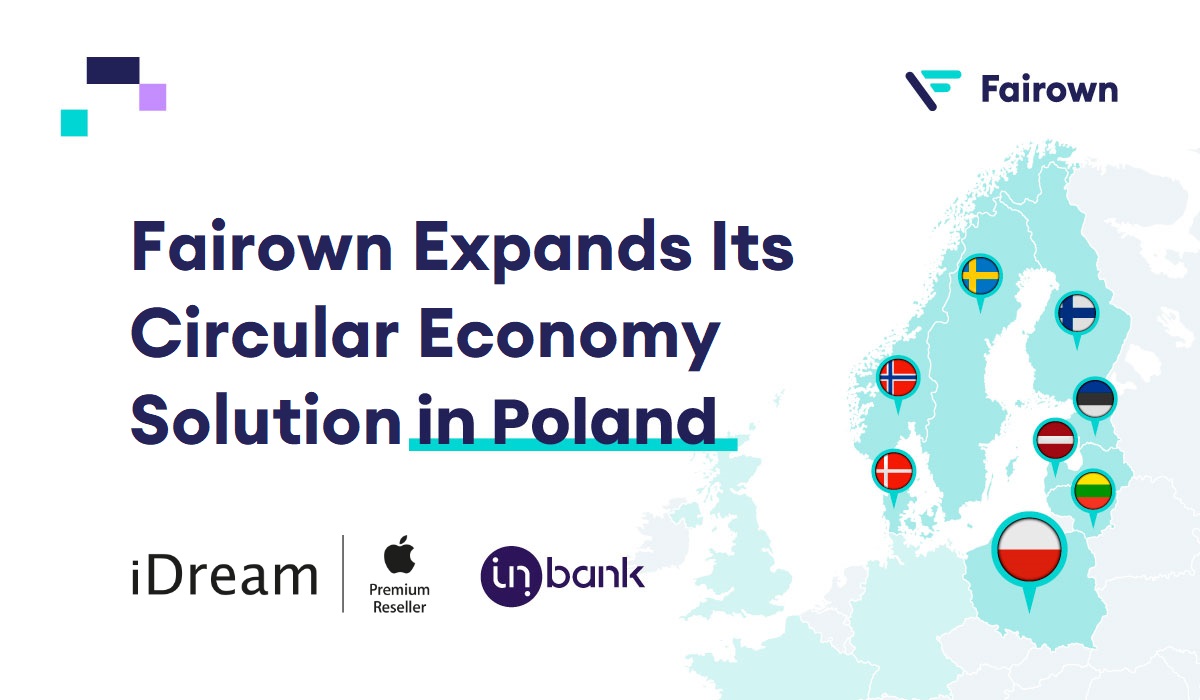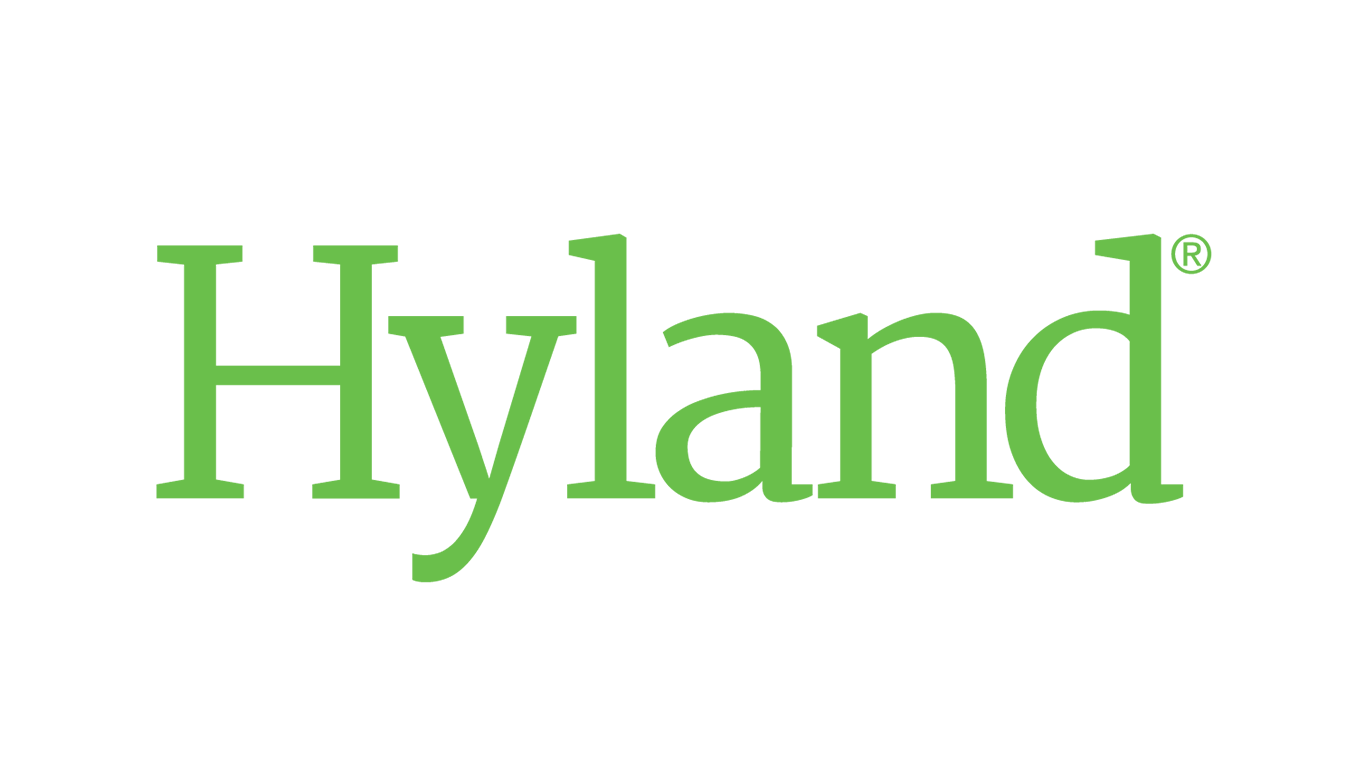Published
- 08:00 am

Alpian, Switzerland’s first digital private bank, and Napier, global provider of advanced financial crime compliance solutions, announce their partnership to implement a robust, end-to-end risk management platform for the bank.
Napier will supply Alpian with its full suite of financial crime compliance technology solutions through its intelligent compliance platform, Napier Continuum, offering full AI-enhanced risk management capabilities across the entire risk profile of Alpian customers.
The Alpian platform caters to the banking needs of the mass affluent client segment, combining everyday banking with personalised investment services through its state-of-the-art mobile app. Napier Continuum will bring together core AML functions, including transaction monitoring, customer and transaction screening, as well as advanced risk assessment tools, ongoing AI-enhanced reviews, and intuitive reporting functionalities.
Schuyler Weiss, CEO and Co-Founder at Alpian, said: “Switzerland has some of the strictest banking regulations in the world and, as its first digital private bank ensuring we’re fully compliant is critical. But for us, it’s also about delivering the highest possible level of security for our customers and ensuring a seamless user experience.
“Partnering with Napier arms Alpian with the most advanced compliance technology in the market, enabling us to meet and exceed the benchmark of the regulators, as well as deliver a trusted service to our customers.”
Prior to its public launch in October 2022, Alpian raised a CHF 19 million Series B+ funding, and recently announced a partnership with Visa to offer its premium metal debit card across Switzerland. As Alpian continues to flourish, the private bank will reap the benefits of Napier’s AI-powered risk management solutions that will scale with its requirements, allowing it to respond nimbly to any evolving client or regulatory requirements.
Greg Watson, Napier’s CEO, said: “We’re delighted to partner with Alpian to build its financial crime risk management strategy. Alpian are one of those organisations that we get excited to work with because we share that ethos of championing technological innovation. This partnership will help them futureproof their operations and support their global growth.”
Napier’s international footprint sees its advanced AML and financial crime compliance solutions trusted by banks, payment providers, asset management firms, FX, crypto exchanges and other regulated and financial organizations around the world.
Related News
- 07:00 am

GROW’s back office solution for fund administrators, built on global enterprise technology and services firm R3’s Corda blockchain platform, has been deployed by Vanguard Australia. The announcement marks one of the first examples of a successful live deployment of blockchain technology in Australia’s financial services industry.
GROW’s DLTA platform provides Vanguard Australia with a single integrated back-office solution for global assets. Leveraging R3’s Corda blockchain technology, which was purpose-built for complex and highly regulated industries, DLTA delivers a shared system of record for all fund and investor transactions and holdings and replaces time-consuming and inefficient spreadsheet reconciliation processes.
Traditionally, fund administration has been highly manual and disconnected, with every participant maintaining their own on-premise system of record and no modern API interfaces. This results in a higher cost to serve customers, significant risk of manual error, reputational damage, security threats and vulnerability. Just opening a new customer account can require sharing more than 10 files, and a minimum of five days to complete the process. A similar process is required for updating records, deposits, withdrawals and closing accounts.
With the DLTA platform, Vanguard Australia has achieved 100% STP for the reconciliation of investor funds. This saves approximately 100 back and middle office hours each week from all participants involved in the process. It also removes the need for humans to investigate errors, which can lead to poor investor experiences, churn and often negative financial impact.
Mat Keely, CEO at GROW, commented: “GROW has long believed in the importance of technology evolution in financial services. Through our partnership with R3 we have built what we believe is a step change in not only the Australian Superannuation market but also the global asset administration landscape. Vanguard has shown that functionality, cost and investor proposition can all evolve very quickly when the technology partners can support their ambition. We are excited about what is next for our relationship with Vanguard and even more excited about what we can do in partnership with fund and pension managers globally.”
David E. Rutter, CEO at R3, commented: “This is exactly the kind of use case we designed Corda for, in collaboration with financial institutions across the globe. We’re excited to have facilitated yet another real-world deployment of blockchain technology in financial markets, as the industry continues to consolidate around platforms that were purpose-built with the needs of participants, regulators, and the future of the entire industry in mind.”
MIchael Lovett, CEO at Vanguard Super Australia, commented: “We were really pleased with the success of the launch from an operational perspective. The focus on higher volume join and money in transactions being straight through the process has been validated. The product verification phase allowed us to iron out most of the potential issues, and the partnership with GROW started strongly. The cross-collaboration between the two businesses was a highlight during the pre-and post-launch phases.”
Related News
- 08:00 am

Global sports betting and iGaming supplier FSB Technology have teamed up with Trust Payments to deliver superior gaming experiences to players globally during the FIFA World Cup 2022 tournament.
Under the partnership, FSB Technology, which has a significant footprint across key European, North American and African markets, will offer Trust Payments’ payment gateway across its highly scalable platform, including an award-winning sportsbook, comprehensive casino aggregation and innovative retail product.
Operators already benefiting from the partnership include the world’s finest bookmaker Fitzdares, heritage brand The Football Pools and the increasingly popular Bet Goodwin.
The 2022 World Cup is the first to be held in the winter, and for the first fortnight of the tournament, fans have been treated to four fast-paced games a day back to back. The Trust Payments TRU Connect payment gateway has been vital in helping FSB’s global partners cope with the surge in in-game betting during the group stages.
This includes high acceptance rates across the competing nations, built-in fraud tools to avoid chargeback risks and technology built to ensure a robust pay-in and pay-out experience throughout the world’s biggest sporting tournament. This is backed by 24/7 support available worldwide, as well as key tools to help aid responsible gaming over the entirety of the tournament.
Achilleas Chrysafis, Head of Platform at FSB Technology, said: “The significance of the World Cup cannot be underestimated. Our global partners have targeted the event to aid acquisition and power up retention. Our partnership with Trust Payments has enabled them to offer their players a smooth, seamless payment journey during an incredibly busy group stage period. As an award-winning global platform provider, it’s imperative that we work with the best third-party services to enhance partner and player experiences.
Paul Colley, Head of Operations at Goodwin Racing Ltd, commented: “We’re expecting a significant World Cup buzz, and Trust Payments will be a critical partner in helping us to keep up with this demand and keep fraud risks very low in the process. We can be confident that card payments, deposits & withdrawals will run seamlessly, even if there is a surge in volume – which is paramount during Qatar 2022.”
Rio Broadfoot, Head of Gaming at Trust Payments, added: “The World Cup is a major sporting occasion for sports betting. We are delighted to be teaming with FSB to help its operators around the world to help ensure enhanced support around transactions at this pivotal time. Our technology will help to deliver high approval and authorisation rates, betting protection for users and a smooth pay-in and pay-out experience throughout all 64 games.”
Related News
- 04:00 am

Worldline, a global leader in payments services, has been selected as a partner and payments provider to Wizz Air, Europe’s fastest-growing airline. Building on its strong heritage in the Airlines & Travel industry, Worldline will deploy its comprehensive payment services solution to meet Wizz Air’s unique requirements, as it has for many of the largest and most multi-faceted airlines in the sector.
Wizz Air, Europe’s fastest-growing and most environmentally sustainable airline globally, will take advantage of Worldline’s unique TravelHub solution, a single scalable connection providing access to over 150 payment methods and currencies, multi-acquiring, tokenisation, and a range of fraud prevention services, all through a single reporting and settlement channel.
Worldline’s TravelHub will support Wizz Air’s growth and expansion and provide Wizz Air access to a wide range of acquirers and other payment services, including local payment methods. Worldline is planning to help Wizz Air to offset and mitigate the risks and challenges that have emerged in recent years across the sector. Worldline’s multi-acquiring services will help build the foundations to manage and mitigate risk in the future.
The deal will see Worldline processing across Europe for Wizz Air, ensuring the airline can take advantage of Worldline’s continued investment in innovation and geo-expansions across various new markets.
Damien Cramer, Global Head of Travel & Airlines, Digital Commerce at Worldline, commented: “We are proud that an organisation as ambitious as Wizz Air has selected Worldline to be their partner of choice in meeting their payment requirements. Our secure and cutting-edge TravelHub payment solution, in conjunction with our highly experienced team of payment experts, will help them achieve the success to which they aspire.”
Tamas Szegedi, Senior Treasury Back Office Manager, Wizz Air, added: “We are looking forward to our future cooperation with Worldline, to continue building our robust and flexible payment infrastructure, ultimately supporting a seamless payment processing and customer experience for our customers, and supporting payment and finance processes. Our goal is to enable the best possible payment infrastructure and options with the most resilient and effective features and providers, which fits well with our strategy to improve efficiency in all possible areas, including payment processing.”
Related News
- 01:00 am

No single name in the crypto exchange market comes close to Binance. Since the beginning of 2022, the world's largest crypto exchange has recorded a trading volume almost six times higher than the second-ranked OKX and even 14 times more than some other leading crypto exchanges.
According to data presented by CryptoPresales.com, Binance's year-to-date trading volume hit over $4.6trn, double that of OKX, Coinbase and FTX Combined.
Trading Volume Drops Year-Over-Year, But Binance Still Dominates Crypto Exchange Landscape
Undoubtedly, 2022 has been a rough year for the entire crypto industry. Since May, almost 40 crypto companies have laid off employees, including crypto exchanges Coinbase and BitMEX, Blockchain.com and Crypto.com, and NFT marketplace OpenSea. The crash of the world's second-largest crypto exchange, FTX, shook the market even further.
All that happened after the crypto exchanges had already seen trading volumes plunge compared to a record 2021. Last year, crypto exchanges processed more than $14trn, a massive 689% increase from 2020 and the highest the cryptocurrency market has ever recorded. Around 67% of that value, or $9.5trn, was processed on Binance.
Statista and CryptoCompare data shows that the world's largest crypto exchange processed over $4.62trn in eleven months of this year, 51% less than the value seen in 2021. Nevertheless, Binance continued dominating the crypto exchange landscape.
Statistics show its year-to-date trading volume was almost six times higher than the second-ranked crypto exchange OKX, which processed $778bn in this period. Coinbase ranked as the third leading crypto exchange with a trading volume of $743bn.
Before crashing down, FTX recorded a trading volume of $599bn, seven times less than Binance, and ranked fourth on the list. Huobi rounds the top five list with $404bn in year-to-date trading volume.
Statistics show that Binance's trading volume was 30% higher than that of the other seven leading crypto exchanges combined.
Binance Market Share Jumped to 21.3% After FTX's Collapse
Most of the leading crypto exchanges, including Binance, have befitted from the crash of the world's second-largest crypto exchange FTX. According to CoinGecko and Statista data, Binance regained some of the trade volume market share it had lost between September and October, growing by 0.8% to 21.3% in November.
Its market leader position allowed Binance to be one of the first companies offering to bail out FTX. Still, the deal fell through as quickly as it was announced due to corporate due diligence, mishandling of customer funds, and alleged US agency investigations.
Coinbase's market share rose to 2.5% in November, up from 2.4% a month before. On the other hand, OKX's market share dropped to 1.4%, down from the 2.3% seen in October.
After FTX` crash, Kraken saw its market share grow by 1% to 1.7%, the largest increase the crypto exchange had seen since 2021.
The full story and statistics can be found here: https://cryptopresales.com/binance-ytd-trading-volume-double-that-of-okx-coinbase-and-ftx-combined/
Related News
- 03:00 am

Ebury, a global financial services firm and one of Europe’s largest fintech, is delighted to announce its new sponsorship with Parma Calcio 1913 (“Parma”) for the rest of the 2022/23 football season.
As part of its sponsorship, Ebury will serve as the official training sponsor for the men’s football team. The club has an outstanding record of success since its establishment in 1913, winning titles on the domestic and international stage.
Parma is most famous for the period between 1992 and 2002, when it collected all of its eight major titles, winning three Coppa Italia, one Supercoppa Italiana, two UEFA Cups, one European Super Cup and one UEFA Cup Winners' Cup.
The Ebury brand will be visible on the training kits of both the iconic team and the management team led by Fabio Pecchia, which is currently competing in Serie B, the second-highest division in the Italian football league system.
Founded in London in 2009 by Spanish entrepreneurs Juan Lobato and Salvador García, Ebury has expanded its global presence across 32 offices in 21 countries, with more than 1,300 employees.
Ebury specialises in international payments and collections, FX risk management and business lending. The company offers payments and FX capabilities in 130+ currencies worldwide, including both major and emerging markets. During the last year, the volume of transactions executed by Ebury exceeded $21bn and the company has been the recipient of many international awards, including the Financial Times 1000 Europe's fastest-growing companies and The Sunday Times Tech Track 100. In 2020, Santander became a majority shareholder in the London-based fintech.
Fernando Pierri, Global Chief Commercial Officer at Ebury commented:
“We are delighted to support a team like Parma: a club that has always shown passion and determination across all challenges, both on the field and in the wider community. On behalf of Ebury, I wish the whole Parma Calcio team the best of luck for the rest of this current season and beyond. We will be rooting for you!”
“It’s fantastic to see the growth of the Ebury brand as we extend our footprint, building new relationships worldwide. Partnering with an iconic brand like Parma that truly shares our values is an exciting way to become more integrated with the businesses we support.”
Related News
- 05:00 am

Fairown, a fintech company powering the circular economy, is advancing its sustainable products-as-a-service offering in Poland through a new partnership with Apple Premium Reseller, iDream, and a digital bank Inbank. This is Fairown’s second partnership in the country, after the fintech entered the Polish market in July, and launched a partnership with another Apple Premium Reseller Cortland.
Fairown’s products-as-a-service platform allows banks, brands, and retailers to participate in the circular economy, centred around producing, consuming, and reusing products, thereby reducing excessive waste and the need for raw materials by extending products’ lifetime value.
In the current economic situation, where high inflation and economic insecurity are projected to seriously impact consumer spending, merchants need to compete more than ever to attract customers. Fairown’s subscription model has proven to positively impact retailers’ sales in a short timeframe – just a few months after partnering with Fairown, subscriptions made up 10% of the B2C sales for Komplett, the largest e-commerce company in the Nordics. Whilst developing product subscriptions in-house may take 18 to 24 months, the integration of outsourced solutions can be completed very fast - in iDream’s case, it took the retailer just one business day to do the technical setup of Fairown’s platform in-store.
Hendrik Roosna, CEO at Fairown, commented, “Fairown offers brands and retailers a simple solution with a quick time to market. This enables us to mitigate any fears and merchants to test the waters and take up results fast, with no complexity. Our platform can be used integration-free and set up within two weeks on average. This is a big step closer to the circular economy, as the subscription service is more accessible to banks and merchants across Europe.”
Fairown offers a complete suite of software and services to offer products for monthly subscriptions and manages the entire product life cycle from purchase to periodic renewals, repurposing, and recycling. Through the solution named iDream Easy, consumers will have access to products like iPhones, iPads, Apple Watches, and MacBooks via subscription service, and Fairown can advance its existing circular economy offering in Poland. Under the partnership, Fairown will provide the payment platform and manage product renewal cycles; iDream will sell the products; and Inbank will take care of product financing.
In this circular model, all participants win - brands and retailers get loyal customers and recurring sales; banks benefit from the predictable payment flows; and consumers get lower price points, better value for money, and sustainable offerings.
According to the international waste electrical and electronic equipment forum, 5.3 billion mobile phones will be thrown away in 2022. The main issue is that people keep their old devices, rather than recycle them. There are an estimated 16 billion mobile phones worldwide - and in Europe, almost a third are no longer in use. This results in just 17% of the world’s e-waste being properly recycled.
Roosna continued, “That’s what products-as-a-service offerings are all about. By helping brands and retailers launch product-as-a-service offerings, we give devices like phones and laptops a new life. Our goal is to reduce waste through renewals by reselling, repurposing, or recycling old devices. As our service is already available in Cortland’s stores in Poland, we are extremely happy to launch the iDream Easy solution with iDream and Inbank, and expand our reach. This enables us to lead the shift to sustainable production and consumption, and move closer to the circular economy together.”
iDream has 12 shops and over 100 employees; it is owned by Eurotel, which has more than 20 years of experience in the Polish consumer electronics market. Tomasz Basiński, Vice President at Eurotel, commented, “The financing offer to iDream’s customers is constantly developing. Thanks to the iDream Easy solution implemented in iDream’s stores, consumers will have access to products, such as iPhones, iPads, Apple Watches, and MacBooks, via the subscription service. This is the first such a wide offering for Apple products in the Polish market.”
Tomasz Rzeski, Sales Manager at Inbank Poland, emphasised, “We are glad to introduce this innovative product to the market together with iDream and Fairown. Not only does it shape new trends in the consumer electronics market, but also contributes to more sustainable consumption.”
Related News
- 08:00 am

HighRadius partners with Google Cloud to offer accelerated global deployment of HighRadius solutions on their secure and sustainable infrastructure. HighRadius is a global Autonomous Finance platform for the office of the CFO. With this association, HighRadius expands its list of hosting partners and enhances its AI-enabled order to cash, treasury and record-to-report process capabilities.
In addition, HighRadius' Autonomous Receivables software will now be available on Google Cloud Marketplace. The new partnership will allow the two companies to scale their joint go-to-market strategy for their global clients, including India and APAC and expand their joint customer pilot programs. Furthermore, cloud customers will be able to access and deploy the solution to their cloud environment quickly.
“The partnership will accelerate the global deployment and expansion of HighRadius Autonomous Finance solutions for our clients on Google Cloud. We wanted to make it easy for our clients to procure our software, and Google Cloud Marketplace made that decision easy for us. We will work closely with the Google Cloud training, support, sales, and go-to-market teams to help our clients achieve speed-to-value with their transformation projects.” - Sayid Shabeer, Chief Product Officer at HighRadius.
“Solutions that help companies accelerate digital transformations are important to future growth and innovation,” said Dai Vu, Managing Director, Marketplace & ISV GTM Programs, Google Cloud. “With HighRadius’ Autonomous Finance platform available on Google Cloud Marketplace, customers will be able to quickly access and deploy the solution to their cloud environment, enabling them to digitally transform business finance practices and accelerate their growth in the cloud.”
Related News
- 08:00 am

Today, Banking-as-a-Service provider Contis has completed a significant step in becoming further integrated within the Solaris Group, with the Contis brand being retired. The Solaris partnership was introduced in early 2022 and delivers unrivalled products to the European markets while strengthening the Group’s competitive position in the embedded finance market.
The integration means the overall Solaris team consists of around 750 employees, with ten locations in eight countries across Europe and Asia. Solaris inherits Contis’ 14 years of payment innovation and market-leading suite of payments and processing solutions and adding e-money licenses for UK and the EEA to its license suite.
Dr Roland Folz, CEO of Solaris said: “Solaris has established itself as the leading platform for embedded finance in Europe. Combining our forces under the Solaris umbrella enables us to deliver the widest range of financial services within one strong brand across Europe. With multiple licences as well as offices in the largest European markets, our platform is unique in terms of market coverage.”
Solaris works with over 90 partners including Amex, Binance, Samsung and Vivid Money. Recently the group published its 2021 financial statements and announced new important partners such as ADAC and Paycell. These partnerships underline the company’s strategy to focus on the emerging embedded finance market, enabling established corporations with large ecosystems to deliver innovative financial experiences to their customers.
Lee Johnstone, Managing Director at Solaris (previously Contis MD) said: “The wealth of knowledge and product innovation that was nurtured at Contis for over a decade will continue to thrive within the Solaris Group. Our integration provides prospects and existing partners with a seamless point of entry to access combined solutions from across the group in a straightforward way with unmatched capabilities.”
Related News
- 05:00 am

Hyland, a leading content services provider, has launched its latest product enhancements and innovative solutions that will help its customers enrich and fuel their digital evolution journeys.
Those updates include important additions and considerations for key Hyland platforms, including Alfresco, Nuxeo and Perceptive Content, while the company’s industry-leading healthcare solutions now provide deeper support for diagnostic and clinician experience, allowing clinicians to focus on making better care decisions.
“We are committed to ensuring our customers have the latest technologies that empower their organisations to deliver better experiences,” said John Phelan, executive vice president and chief product officer at Hyland. “We do that by continually extending the capabilities of our industry-leading suite of platforms, which positions our customers for success today and in the future.”
New innovations and enhancements within the Hyland product portfolio include:
Content Services
Alfresco platform: Hyland has developed several enhancements focused on improving access to valuable business content and user experiences as it relates to Alfresco Digital Workspace, Alfresco Mobile Workspace and integrations with Microsoft Teams. With simplified upgrade processes and standardised workflows, these enhancements enable users to act on critical content with accuracy at appropriate times. Additionally, Alfresco platform administrators have access to tools to control security and retention for the cloud platforms.
Perceptive Content: Perceptive Content users will benefit from improvements in performance, scalability, security and serviceability to existing tools. Additionally, new browser-based clients will leverage the Hyland User Interface (UI) and reusable components that are part of every Hyland product.
Intelligent Capture and Automated Data Extraction
Hyland AP Automation solutions: Bringing greater efficiency to invoice processing and matching, users will appreciate the enhanced functionalities to Brainware for Invoices. New features include the ability to look up company codes directly from the Brainware verifier form and set up the invoice type based on the invoice history. Additionally, Brainware will offer dynamic payment terms to allow for payments to be made faster once invoices are approved. This also supports German and French invoices.
Hyland Direct Spend Matching for Workday: The new integrated solution provides Workday Financial users the ability to reduce manual indexing and efficiently gather data across multiple accounts payable (AP) documents. With greater visibility to content, users can expect faster procure-to-pay cycles to validate AP documents to post invoices for payment.
Digital Asset Management
Hyland’s Nuxeo Platform: Several platform updates have been made to support better functionality and storage for organisations. Specifically, these improvements are:
- Compound Document V2: Enabling organisations to be more productive, this release supports the management of compound documents throughout Hyland’s Nuxeo Platform DAM processes, including upload, preview, versioning, search, share and approval workflows, which provides easier management and search related to parent/child relationships.
- Disable dependencies: Users will have improved control over dependencies to fine-tune the multilayer development model and avoid unpredictable interactions.
Hyland Healthcare
Intelligent Diagnostic Imaging: Improving the diagnostic and clinician experience, the solution eliminates silos and multidepartmental systems by providing meaningful workflows to enable better decision-making.
Hyland Clinician Window: Providing physicians a single, holistic view of multiple patient documents, medical images and multimedia files, the solution offers unified full-text search to give clinicians seamless access to unstructured data from multiple repositories, helping them drive better patient outcomes.









